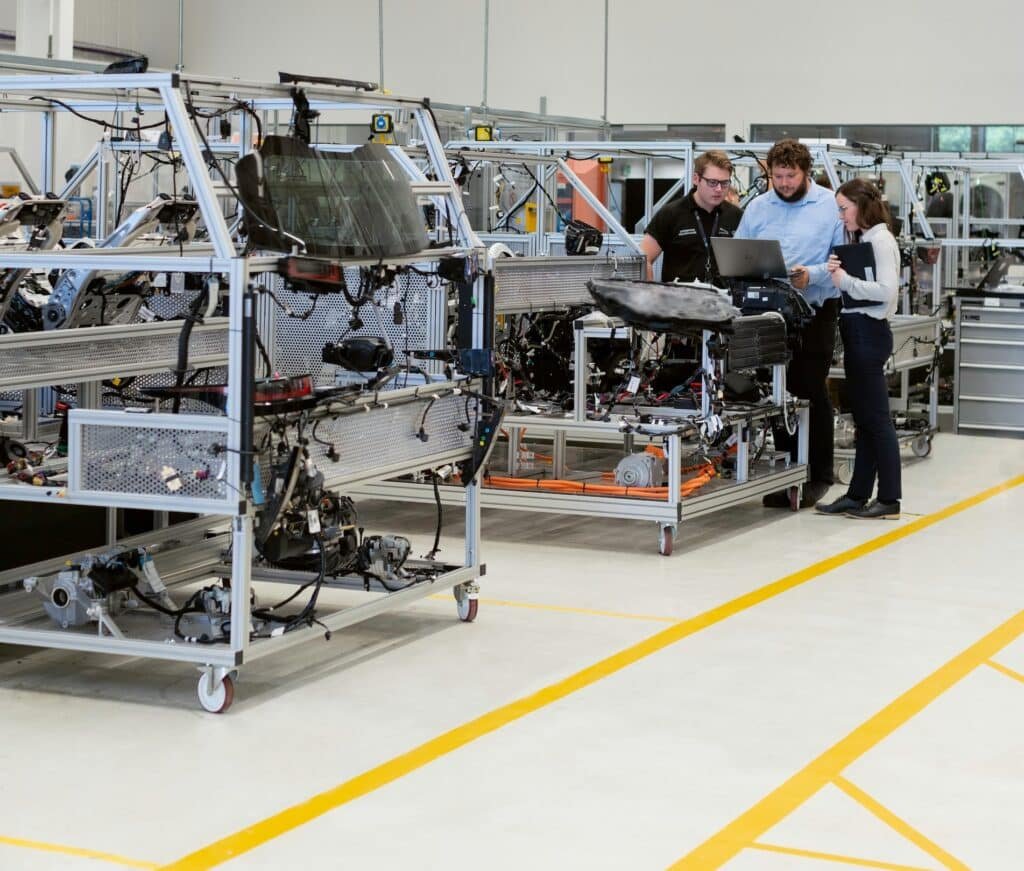
Some could argue that without technology, manufacturing wouldn’t be what it is today. However, thanks to its continuous evolution, technology has been able to contribute to the manufacturing world and create some of the high-powered machinery, tools, and software that they use to mass-produce in this modern day and age. Beyond creating products, technology has helped advance how manufacturing is done.
As it has in almost every other industry, it has also found ways to make the industry more automated as well as improve the production process and make it one which is somewhat seamless. As a result, the manufacturing industry is still one of the leading industries around the world. This article is going to explore how technology continues to play a leading role in the manufacturing industry today.
Helps Automate Processes
One of the greatest attributes of technology is likely its ability to automate many processes that industries have found relatively time-consuming. Thanks to automation, manufacturers around the world can leave repetitive and tedious tasks for technology to handle. It is also the case that in manufacturing, more skilled and complex processes now have complex and reliable automated machine tool solutions meaning that the need for skilled workers may also decrease. In addition to this, Industry 4.0, which is a current trend of automation and data exchange in manufacturing technologies is being said to also improve productivity, quality, and efficiency in manufacturing businesses.
Ensures Quality
Technology also plays a key role in the manufacturing industry as it ensures quality as well as precision in the manufacturing process. There are so many technological advancements which enable speed, quality, and precision, such as the GF Laser, for instance.
If you search oxygen cut metal using co2 laser in your search engine, for instance, you will find that these lasers have the ability to perform high-volume laser cutting and that a computerised production planning system manages it.
It reduces the risk of error in many cases and ensures quality products are supplied to consumers. Additionally, technology such as artificial intelligence is being used to enable collaborative robotics automated workflows based on predictive analytics which should also improve the quality of the manufacturing process and help the manufacturer’s overall performance.
Makes the Process Faster
The UK manufacturing output is said to be expanding at its fastest rate since early 2008 meaning there should be a higher demand and a need for both speed and quality products. The manufacturing industry is likely able to produce a higher output because the production process is a lot faster thanks to technology.
Seeing as production is now able to run 24 hours a day and seven days a week, and less production staff is needed, it in many ways increases productivity. More can be done in a short time frame, meaning that the demand can be met, and manufacturers can maximize their use of time.
As mentioned above, advanced automation and digital technologies also contribute to making the process faster as they ensure that production-ready parts can be delivered at unbelievable volumes, speeds, and levels of quality.
The role that technology plays in manufacturing is in some ways undeniably significant. The two, in many ways, work hand-in-hand to deliver quality products to people globally. The hope is that they will continue to innovate, grow the economy, and provide jobs for people globally.
